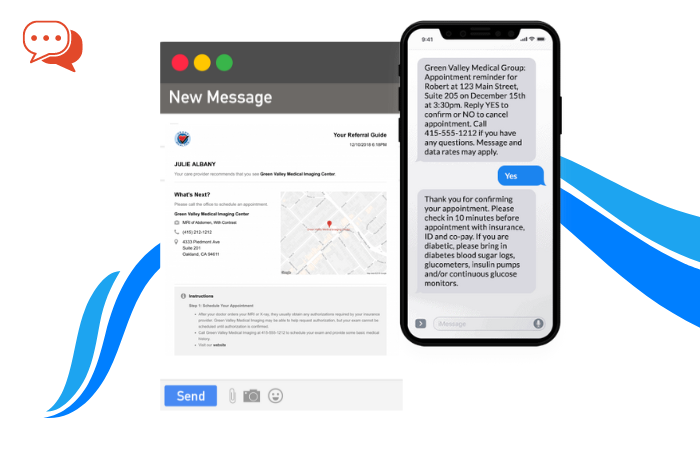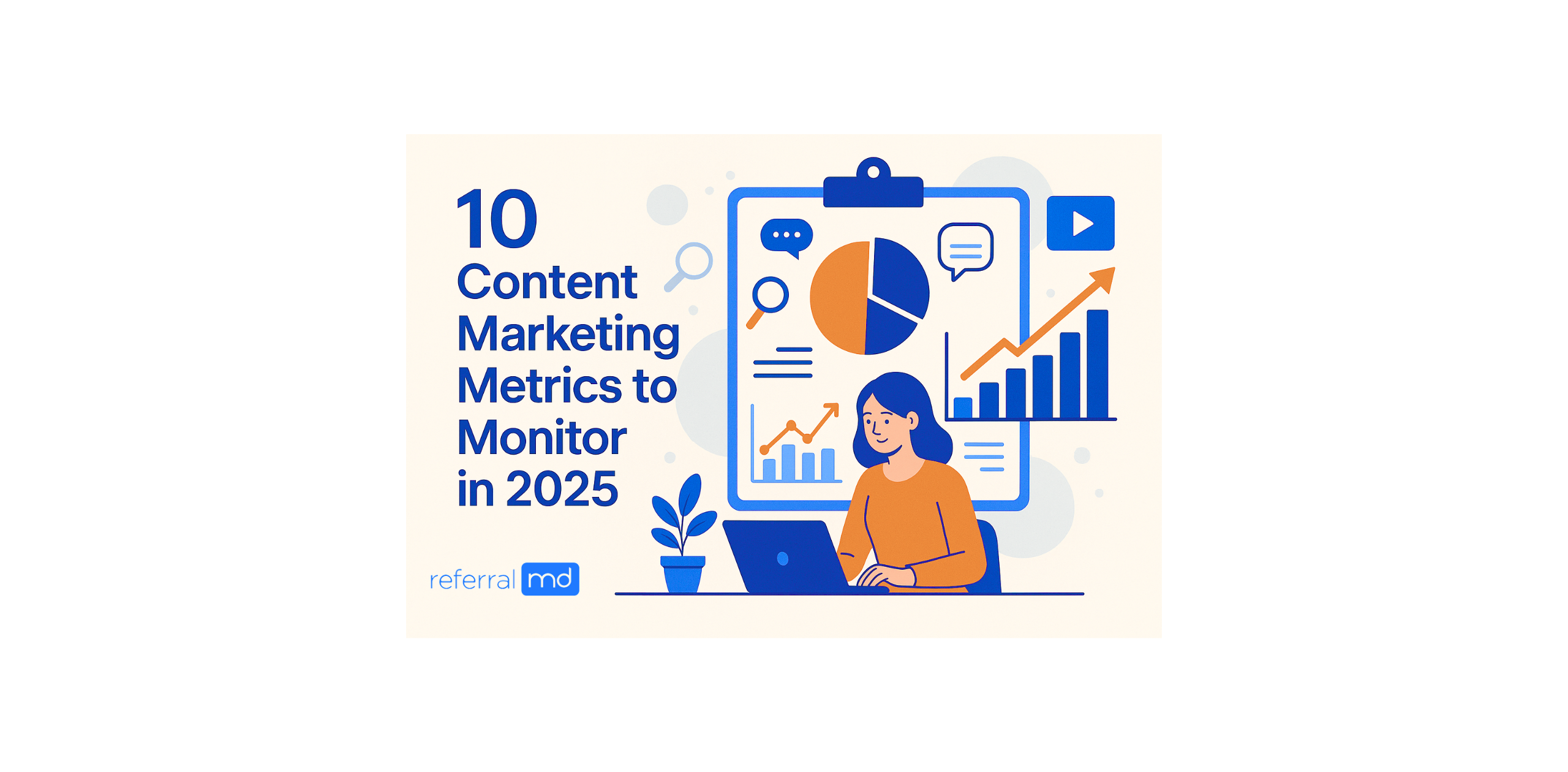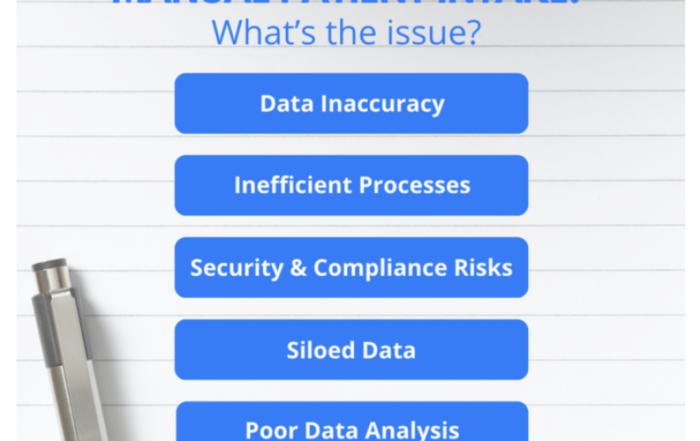As the pandemic continues to take a toll on human lives, the level of stress has quadrupled for the frontline workers, including nurses. This fuels nurse burnout, putting a strain on the already over-utilized healthcare system. What is the solution to avoid the nurse burnout situation? Is AI technology the answer?
According to a Health IT source,
“Nurses experience many of the same stresses as physicians – increasing administrative burdens demands to see more patients with less time, and the requirements of using EHR systems, which often are not built to support clinical workflows adequately.”
This illustrates that nurse burnout is not as rare, especially since the nurses have a role similar to the physicians, from handling the administrative workflows to using the EHR systems to get work done on an everyday basis.
One major reason sparking burnout amongst nurses is using EHR systems that do not have properly integrated clinical workflows. This can only be addressed by getting an EHR system after proper scrutiny so that the practices eventually get what they are actually looking for. Having proper walkthroughs with the implementation team is one thing that can be done, leading to a better buying process for the right system.
There are various healthcare technologies available in the market, which can minimize the problem of nurse burnout. According to Toni Laracuente, RN, Medicomp Systems,
“AI and machine learning technologies offer great opportunities to lessen nurse burnout by reducing administrative burdens, especially the management tasks of hospital operations that require large amounts of data and fast, well-informed decisions. For example, predictive and prescriptive analytics can help nurse managers to predict and provide guidance on workloads, which can vary greatly by facility, department, and specialty.”

Photo by on Pexels
This tells us that AI can lend a major hand in automating everyday tasks, guiding the existing workflows, which are subjective to each department and area of the healthcare facilities. These tasks are a foundation of nurse burnout and take so much toll on the well-being of nurses. Moreover, tasks like staff scheduling and workflow prediction are a great aid to the entire process. If these tasks are forecasted and resolved beforehand, it helps the caregivers in enhancing the patient experience by focusing on the things that actually matter, and this also results in better productivity all over the healthcare organization.
Another thing that can be done is the conversion of manual tasks into automated workflow processes. According to Healthcare IT News,
“High-quality, accessible data and AI can transform manual, time-consuming tasks such as repetitive documentation, bed management, workload management, or resource scheduling, she added. This allows nurses to spend more time on activities relevant to their roles, practice at the top of their license and work on more complex challenges – the outcome is greater nurse satisfaction, lessening the risk of burnout, and positively impacting safety and quality, she contended.”
There are so many routine tasks that take up the nurses’ extensive time, restraining the nurses from working on more intricate tasks, which need more of their attention. If these tasks are ported into an automated ecosystem, not only would there be a surge in nurse satisfaction, the fear of nurse burnout would go down significantly, as well. Besides, always making sure to get a meaningful use of certified EHR would provide better usability for nurses, eliminating several barriers to smooth care delivery.
If the tools that streamline and automate the processes are simplified enough to be easily understood and used by the nurses and practitioners, it minimizes many hurdles.
According to a source,
“Often, specialist needs are met by highly specialized, purpose-designed clinical systems. This is where interoperability challenges must be solved. If specialist care areas choose to use highly specialized tools, that option shouldn’t be at the expense of seamless workflow process and data exchange.”
This explains the power of specialized tools. Only if they are implemented right, otherwise these tools just become another reason for burnout. Only if these tools are built with intuitiveness from the ground up, only then would these solutions aid the nurses and practitioners in doing their job way more effectively and efficiently. The tools available to the healthcare workforce are very intricate and come along with such a steep learning curve that it actually defeats their purpose, as half of the time is spent on entering information on those tools.
As said by a Health IT expert,
“Members of the clinical implementation team should work closely with nurses as subject matter experts, educating and encouraging them to take advantage of new capabilities that come with clinical information systems, so they don’t simply automate what they had previously been doing manually.”
One way to get ahead of this is to make members of the EHR implementation team work with the practice/hospital team to assist them, aiding them with learning the new tools, and how the care providers can channel these tools to deliver better care while making their clinical workflows more lean and efficient.
Final Thoughts
Nurses are inclined to do their jobs with the utmost effectiveness. Only if they are handed the right set of tools, a significant rise in their productivity would be seen, and the problem of nurse burnout would be diminished.
Also, the training process should be detailed enough for the nurses to know that their jobs go way beyond entering data into the EHR systems and is more about bringing change into people’s lives.
“In the United States and globally, we are experiencing significant nurse shortages, predicted to increase to around 1 million nurses by 2030, particularly in high-demand, high-stress environments such as ICU, obstetrics, ED, and rural health regions. There are many contributing factors; however, clinical systems that enhance, not hinder, our work is a major opportunity to improve productivity, lessen nurse burnout, and retain new staff.”
These stats show how real this issue is. If not addressed properly, a significant number of nurses would be out of the profession, especially those who are providing their services in high-stress environments.
Embracing and learning new technologies should be made easier for them by the Health IT vendors, so their time is dedicated to the things that actually matter. Actionable outcomes are driven.










